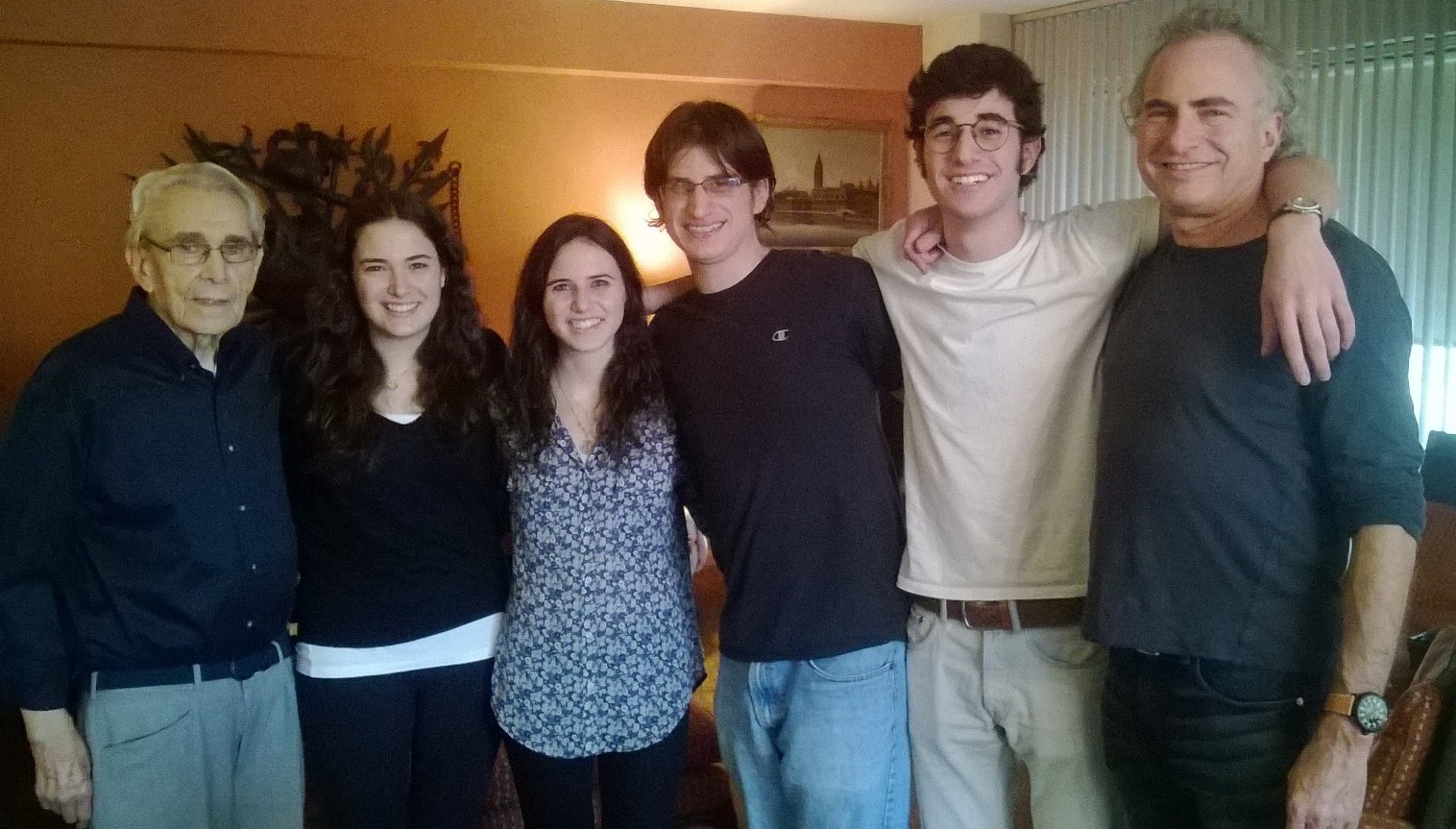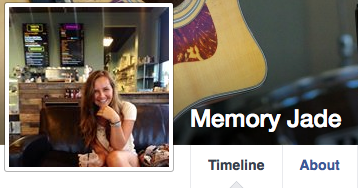By Gracie Stackhouse | gargoyle@flagler.edu
I was 9 years old when my 7-year-old sister was diagnosed with severe bipolar disorder. The diagnosis hit my family like a ton of bricks, and just like that, our lives were turned upside down. Struggling with depression, mania, tunnel vision, violent outbursts and self-harming thoughts, my little sister was facing a battle larger than life.
People throw around the term bipolar casually without thinking about it’s meaning, or the lives impacted by it.
“This weather is so bipolar.”
“Stop being so bipolar.”
Do they really know what this mental affliction entails? Have they seen their sibling, daughter, grandchild at war with their very being?
When Robin Williams committed suicide, the world mourned together. This loss was unlike anything I had seen in a long time. Emotions poured out over social media, while ordinary people and celebrities alike joined together in a movement to spread awareness about depression and mental illness.
Robin Williams was reported to have struggled with bipolar disorder, something I have grown all too familiar with. These situations are heartbreaking, and his death hit particularly close to home. When you have a loved one struggling with the same thing, it makes you ask “what if?”
What if that had been my sister? What if that had been my friend?
Your mind twists and turns like the sea in a storm.
Not too long after Williams’ death, Amanda Bynes returned to social media after being released from rehab. There had been rumors circulating over the last few years that Bynes also struggles from bipolar disorder. Recently, Bynes herself tweeted that she was diagnosed as bipolar and was seeing her doctors weekly.
The difference between Williams and Bynes is that one was mourned, while the other mocked. Bynes’ Twitter rants are re-Tweeted and quoted thousands of times; she is called crazy and delusional and made a public figure of mockery.
But what if Bynes were to go in the same way Williams did? Would the mocking turn into mourning? Or would it just be shrugged off because “she was crazy anyway.”
For over a decade, I’ve witnessed people judge my sister for behaviors that were deemed “crazy” or “irrational.” I’ve seen the dirty, judgmental looks that people give her when she has outbursts on her bad days. I’ve heard the whispers and snide comments made from other girls because she didn’t fit in.
I’ve had peers come up to me and ask, “What is wrong with her?” My answer to them was simple: “What is wrong with you?”
What makes it acceptable to mourn one person’s mental illness and mock another’s? It is time for society to start examining the way we treat those who may be struggling with mental illness. Instead of poking fun and shrugging it off as “crazy behavior,” we should show compassion and concern.
It’s important to embrace them with love and hear their struggles, offer them encouragement and point them in the right direction to receive the help they need, not push them away with hate and judgment.
Coming from someone who grew up seeing this criticism firsthand, my opinion remains that mocking those who display signs of mental illness needs to end. It could save a life.






Be the first to comment on "After Robin Williams’ death, stigma still surrounds mental illness"